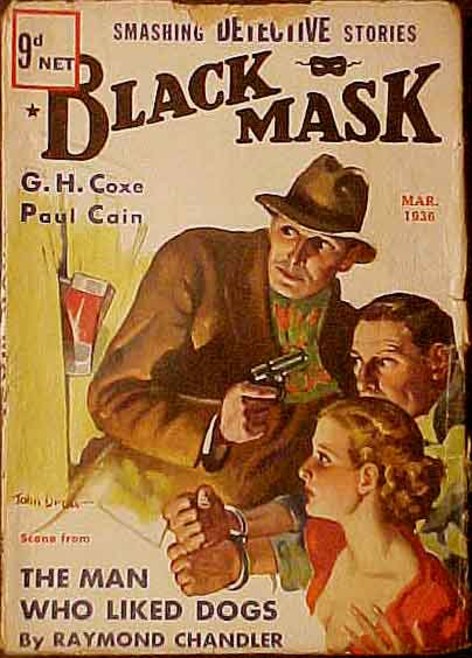THRILLING

Literature is a luxury, Story is a necessity.
–G. K. Chesterton
Thrilling explores the parallel worlds of compulsive reading and thrillers, a genre consumed by roughly half the world’s readers. What’s the psychology behind reading thrillers or other genre fiction every single day? “Escapism” doesn’t totally cover it. Freud dubbed this kind of behavior repetition compulsion. What do we get from compulsive reading and what do we lose?
I look at this phenomenon two ways: my own compulsive reading habits coupled with a deep dive into the works of a closely linked cohort of thriller writers.
Highlights:
- Thrillers calm you down. Compulsive behavior, I argue, is an anxiety-managing mechanism that fosters rigidity while also providing pleasure. Anxiety is displaced—but is it mastered?
- How is thriller reading the same as, and different from, other genres such as horror, romance, and fantasy? I advance a theory of compulsive reading tailored to the specific anxiety each genre attempts to manage. What are the crucial differences in reading experience between genre fiction and what’s described as literary fiction? Why are we more likely to binge read genre?
- What is a thriller? I take a quick look at the myriad subgenres this fluid label encompasses and also a bit of history. Thrillers belong to the ancient tradition of Story that preceded the written word. Today Story proliferates over a multitude of platforms, all triggering the same compulsive patterns of “binge” consumption—reading, watching, or performing—across all of them.
- I use my own experience as a frame for close readings of the thrillers I gravitate toward, chase-adventure and detective novels by white male Anglo-American writers: one British, Geoffrey Household, and two linked pairs of Americans and Americanized Brits: Raymond Chandler and Michael Connelly, John D. MacDonald and Lee Child. They are the best of a very particular subgenre of crime fiction whose male heroes are unapologetic vigilante mavericks (and occasional murderers) operating outside the justice system even when (as with Connelly’s policeman Harry Bosch) they are part of it.
- This preference of mine is controversial and must be examined. I write as a straight white woman. What does my attraction to/identification with these exaggeratedly male-centric novels by writers of my own ethnic background amount to? Does this narrow reading habit of mine (in contrast to my noncompulsive literary reading habits, which are wide ranging) trigger a mindset of tribalism and the older cultural norms I was raised in? Or is it only the simple pleasure of visiting a dangerous but safe (because strictly managed) imaginary world? Or could it be both?